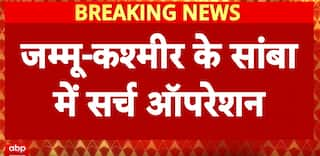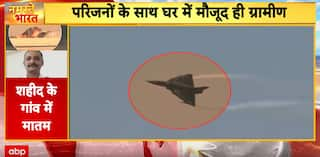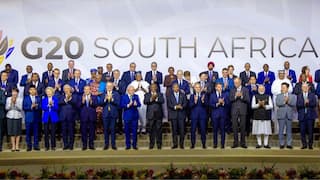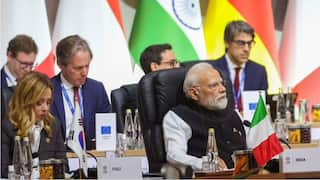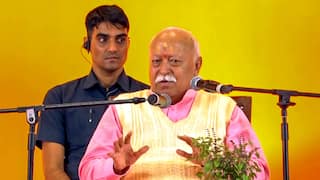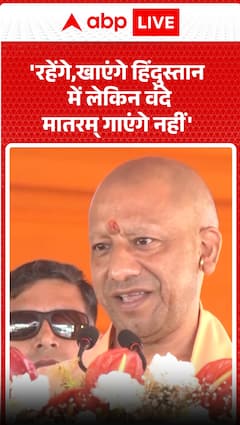Chemistry Nobel 2023 'Winner Names' Released By 'Mistake' Ahead Of Official Announcement: Report
A Swedish newspaper published a copy of an email the daily claimed was from the Royal Swedish Academy of Sciences. The email mentioned the names of three scientists, claiming them as the laureates.

Chemistry Nobel 2023: The Royal Swedish Academy of Sciences may have accidentally released the names of the three scientists the academy said had won the 2023 Nobel Prize in Chemistry, a few hours ahead of the official announcement, news agency Reuters reported. A Swedish newspaper called Aftonbladet published a copy of an email the daily claimed was from the Royal Swedish Academy of Sciences, the report said. The email mentioned the names of the laureates as Moungi G Bawendi, Louis E Brus, and Alexei I Ekimov, the report said.
The report stated that Dagens Nyheter (DN), another Swedish newspaper, published an email the daily claimed was from the academy. The email said: "The Nobel Prize in Chemistry 2023 rewards the discovery and development of quantum dots, nanoparticles that are so small that their size determines their properties."
According to the report, the email, which the Swedish daily claims is from the Royal Swedish Academy of Sciences, mentions that this year's Chemistry Nobel Prize is being awarded to researchers for the discovery and development of quantum dots, which are extremely small nanoparticles.
MUST READ | Physics Nobel 2023: How The Laureates Generated Short Light Pulses to Study Electron Movement
However, Johan Aqvist, Chair of the Royal Swedish Academy of Sciences's Nobel Committee for Chemistry told Reuters that it was a "mistake" by the academy. "Our meeting starts at 0930 CET (0730 GMT) so no decision has been made yet. The winners have not been selected."
Aqvist said that the meeting was scheduled to start at 0930 CET (1 pm IST), and that the winners had not been selected before that.
The 2023 Nobel Prize in Chemistry will be announced at 11:45 CET (3:15 pm IST) on October 4, 2023.
According to the report, Ekimov, one of the people mentioned in the email, works for a company called Nanocrystals Technology, Brus is professor emeritus at Columbia University, and Bawendi is a professor at the Massachusetts Institute of Technology in Cambridge.
Quantum dots are nanoparticles made from semiconducting materials which show quantum effects because they are extremely tiny, and as a result, electrons are trapped inside the dot.












